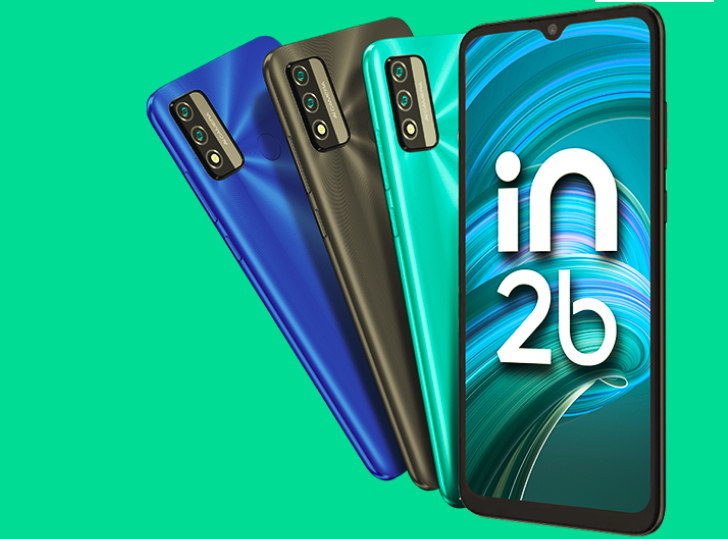
For as long as I can remember, Samsung has always launched their devices using multiple chipsets. The GS II was easily the most confusing. There was a Qualcomm variant, a Samsung Exynos variant, a Texas Instruments variant, and a Broadcomm variant.
Why do this? Because sometimes you can’t enough parts from one supplier, so you need to depend on another player to feed your demand. There’s also the whole 4G LTE support issue. You can’t launch a smartphone in America these days unless it connects to a high speed wireless network, and Qualcomm’s modems have proven themselves to be the preferred solution, hence their adoption.
Which brings me to Samsung’s newest smartphone, the Galaxy S4. There are technically three variants. One is powered by a Qualcomm Snapdragon 600, another has a Samsung produced Exynos 5 Octa, but without 4G LTE, and finally there’s a Korean variant that has both the Octa and 4G LTE capabilities. For the sake of this discussion, let’s just say there are two phones.
So which one is “better”, the Qualcomm GS4 or the Exynos GS4? Michael Fisher from Pocketnow put the two versions head to head, and he found that the Exynos powered GS4 beat the Qualcomm version in all but one benchmark. And with regards to battery, the octa-core version of the GS4 also beat the quad-core version, but just barely.
Which version should you buy? It really depends on your financial situation and what you want out of your operator’s network. Confession time: I’m on an unlimited data plan that’s capped at 0.5 megabits per second. It’s stupid cheap, and stupid slow, but that’s OK since I’m almost always on WiFi. When I’m not, that’s enough speed for me for Twitter, email, and whatnot.
Some of you spend a significant portion of your day using cellular data though, and I understand why you’d want the Qualcomm Snapdragon version. Personally, I’m more interested in the Exynos GS4, purely because I have a gut feeling that Samsung knows how to better optimize their software to run on their chipsets.









